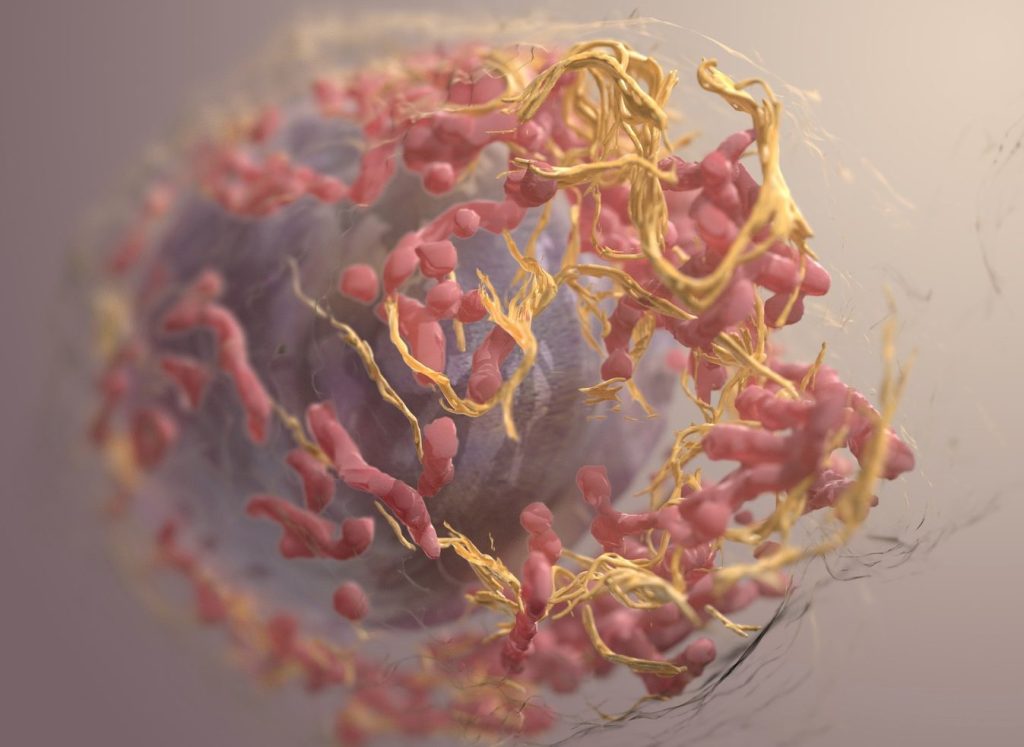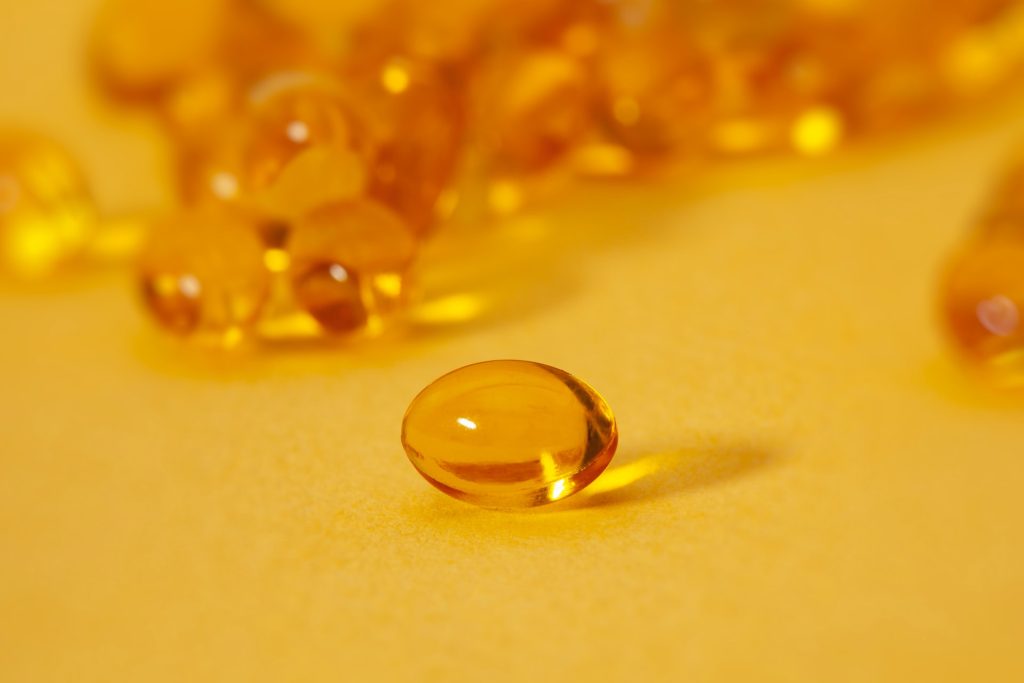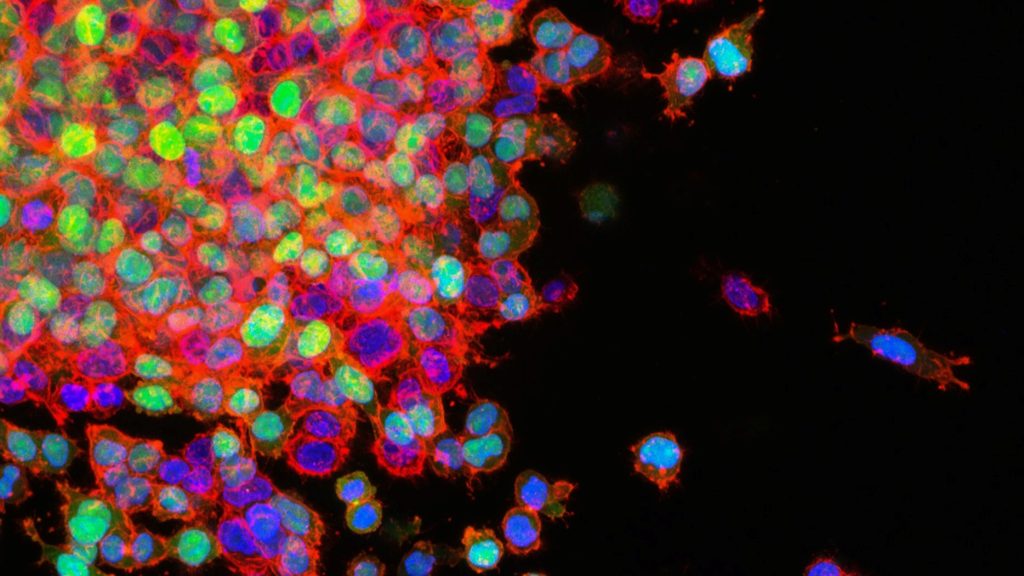No More Sugarcoating It: GLP-1s Are a Powerful Weapon in the War Against Sugar

A new movement in weight management is taking hold in South Africa as the country confronts weight-related illnesses. A powerful class of medication known as GLP-1 therapies is proving highly effective in cutting obesity rates, lowering cancer risk, and improving overall metabolic health. Their growing popularity marks a new frontline in the fight against sugar-driven disease.
A landmark study published in JAMA Oncology has revealed that patients using GLP-1 medications – a class of therapies originally developed for type 2 diabetes – experienced a 17% lower overall risk of cancer.
The data, drawn from over 86 000 patients, showed striking reductions in specific cancers: ovarian cancer risk nearly halved, meningioma cases fell by 31%, and endometrial cancer dropped by 25%.
Dr Tommie Smook, medical practitioner at Dr Smook & Partners (managed by RXME Group), says these findings reinforce the urgent need to fight back against sugar-related disease:
“We are witnessing the medical consequences of unchecked sugar consumption every day in practice. Obesity has become one of the greatest epidemics of our time. If we are serious about safeguarding public health, we must declare a national war on sugar – and GLP-1s are among the most powerful tools we now have to help people reclaim their health.”

What GLP-1s actually do
The body naturally produces GLP-1 – a hormone that regulates blood sugar, appetite, and digestion. GLP-1 medications mimic this process:
• They slow stomach emptying,
• Reduce hunger and cravings,
• Help patients feel satisfied with smaller portions, and
• Stabilise blood sugar levels.
The result is sustained weight loss. Clinical trials consistently show patients losing 10-15% of body weight, particularly when therapy is combined with nutrition, exercise, and professional support. In South Africa, several GLP-1s are now formally registered for obesity and chronic weight management.
But the benefits don’t end at weight loss. International studies have demonstrated improvements in cardiovascular health – lowering blood pressure, reducing inflammation, and decreasing the risk of heart attacks and strokes. Emerging evidence also suggests neuroprotective effects, with potential to reduce risks of dementia and Alzheimer’s disease.
From diabetes treatment to disease prevention
“GLP-1s are no longer just diabetes drugs,” says Dr Smook. “They are transforming the way we think about weight, chronic disease, and prevention. When used responsibly under medical guidance, these therapies can change not only waistlines, but lifespans.”
At Dr Smook & Partners, patients gain access to GLP-1 therapy under the supervision of qualified medical doctors. Medications are prepared only through SAHPRA-approved compounding pharmacies, ensuring quality and safety. This is supported by a multidisciplinary team – dietitians, biokineticists, nurses, and sports physicians, providing holistic care.
Here are the five essentials you should consider before starting GLP-1 therapy:
- See a doctor first – these medications require proper screening and monitoring.
- Think beyond injections – lifestyle, diet, and exercise remain vital.
- Expect an adjustment phase – side effects like nausea are usually temporary.
- Protect lean muscle – resistance training and adequate protein intake are essential.
- Avoid shortcuts – unregulated, black-market products are unsafe and unpredictable.
A turning point for public health
Obesity is a modern epidemic, and sugar is at the heart of it. GLP-1 medications are not a “quick fix,” but they represent one of the most promising advances in decades – a way to tackle both the causes and consequences of excess weight.
Dr Smook concludes: “The stigma around GLP-1s must end. These therapies are not about vanity – they are about survival. Every patient who regains control of their health is one step closer to breaking sugar’s grip on our society.”




